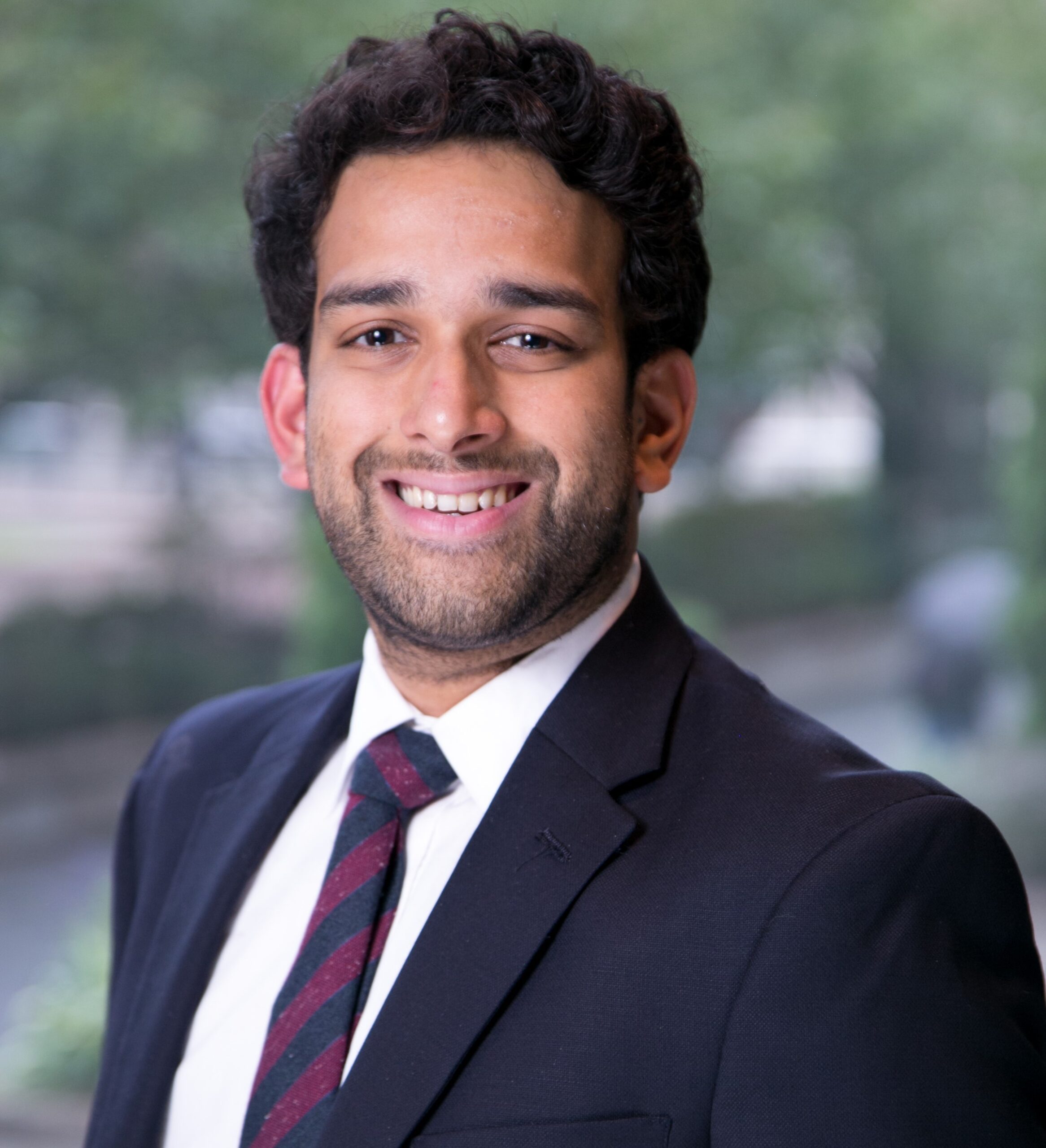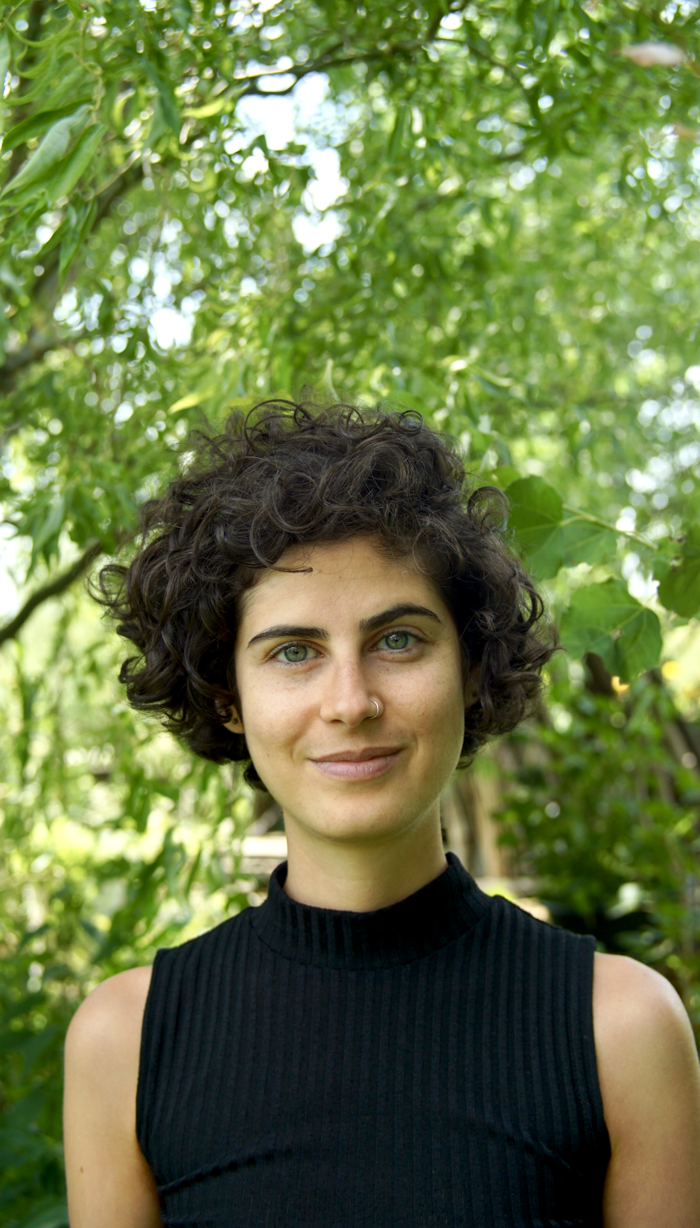2025-2026 Residential Fellows

Suraj Kandath Girijashanker
Suraj Kandath Girijashanker
Suraj Girijashanker’s research focuses on the nexus between race, empire and asylum. Suraj is Doctoral Candidate at UCLA School of Law where he also served as a Distinguished Graduate Fellow with the Promise Institute for Human Rights. He holds law degrees from the London School of Economics (LLB), School of Oriental and African Studies (LLM) and Columbia Law School (LLM).
Suraj’s doctoral project traces the role of foreign intervention in contributing to refugee flows. He questions whether the existence of causal links between intervention and displacement can form the basis for recognizing refugees and what this would mean for unsettling racial and imperial hierarchies. During his time at the IGLP, he plans to build on his doctoral research to assess the racialized outputs of the international refugee regime.
Suraj previously served as an Assistant Professor at Jindal Global Law School and Adjunct Faculty with the Center for Migration and Refugee Studies at the American University in Cairo. His research is informed by his background as a refugee law practitioner. Prior to transitioning to academia, Suraj held roles with the United Nations High Commissioner for Refugees in Egypt and Turkey and the Ministry of Justice in New Zealand. As an independent contractor, he also represented asylum-seekers detained on Manus Island, Papua New Guinea.

Juliana Moreira Streva
Juliana Moreira Streva
Juliana Streva is a transdisciplinary legal scholar and independent filmmaker, born and raised in Brazil. Her work moves across critical legal studies, Black studies, anticolonial thought, gender studies, and political philosophy, tracing the entangled genealogies of modern justice in the wake of colonial slavery. She holds a PhD in Law with a co-tutela in Political Theory from Freie Universität Berlin, and an MA and LLB in Theory of the State and Constitutional Law from the Pontifical Catholic University of Rio de Janeiro. Streva has previously been a Fung Global Fellow at Princeton University, a Postdoctoral Associate at Freie Universität Berlin, and a Junior Fellow at the Maria Sibylla Merian Centre Conviviality-Inequality in Latin America (Mecila). Her practice brings together scholarly inquiry, sonic methodologies, and audiovisual experimentation, grounded in principles of unmastery and speaking nearby. She is the director of Mulheres em Movimento (2020) and Quilombo, Continuum (2023).
At IGLP, Juliana will further her research on reparations and redress by examining the enduring and irreparable inheritances of colonial slavery as they persist in legal, cultural, ecological, and subjective formations. Her project engages with contemporary practices of refusal, fugitivity, and the radical reimagining of transformative justice and generative redress.